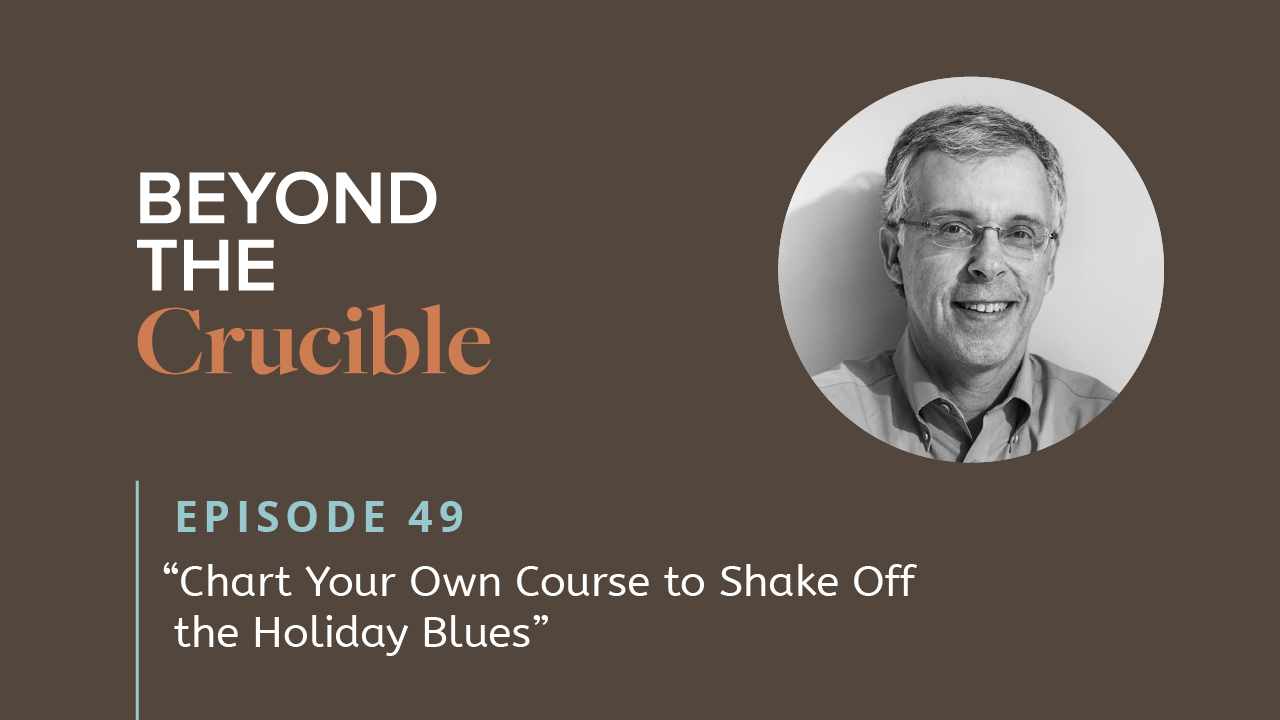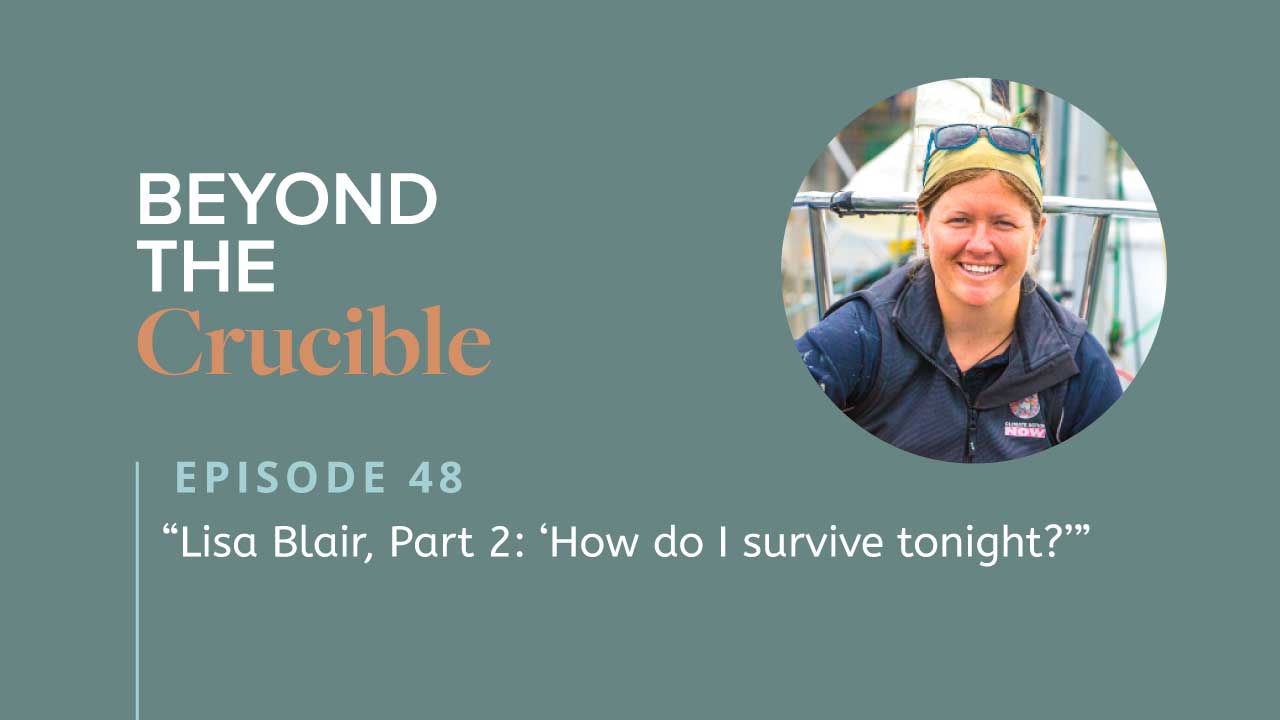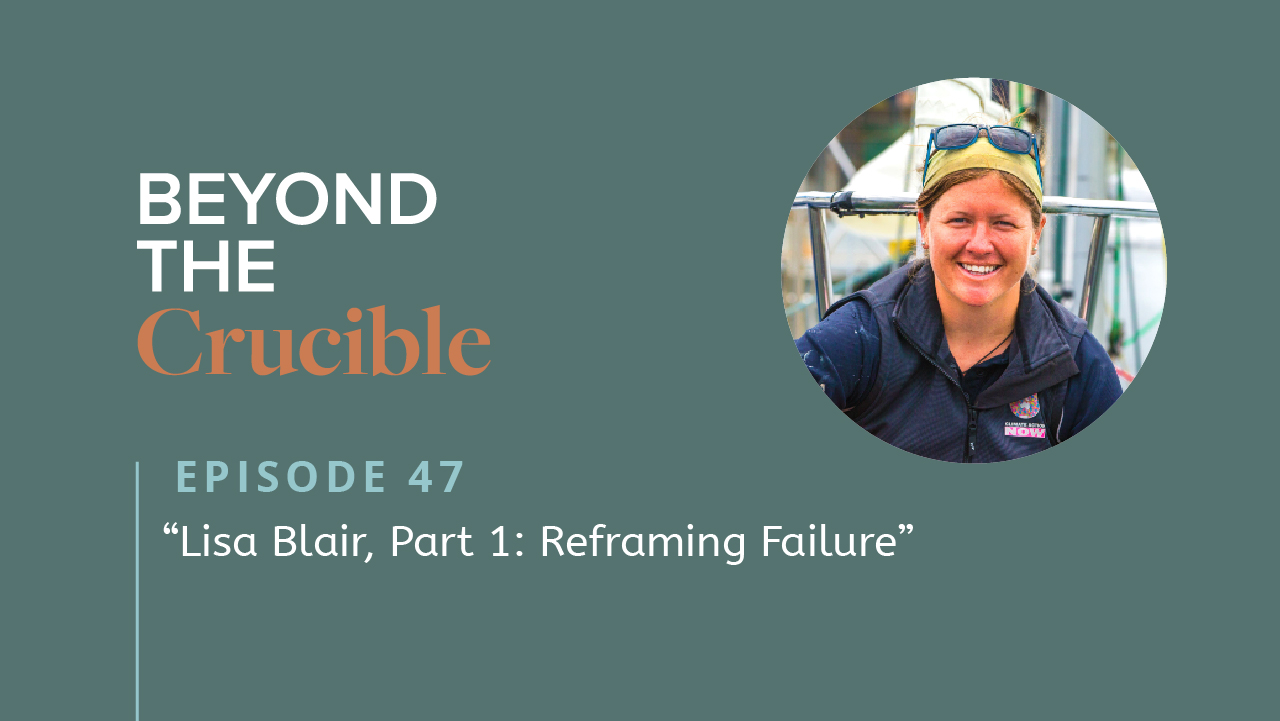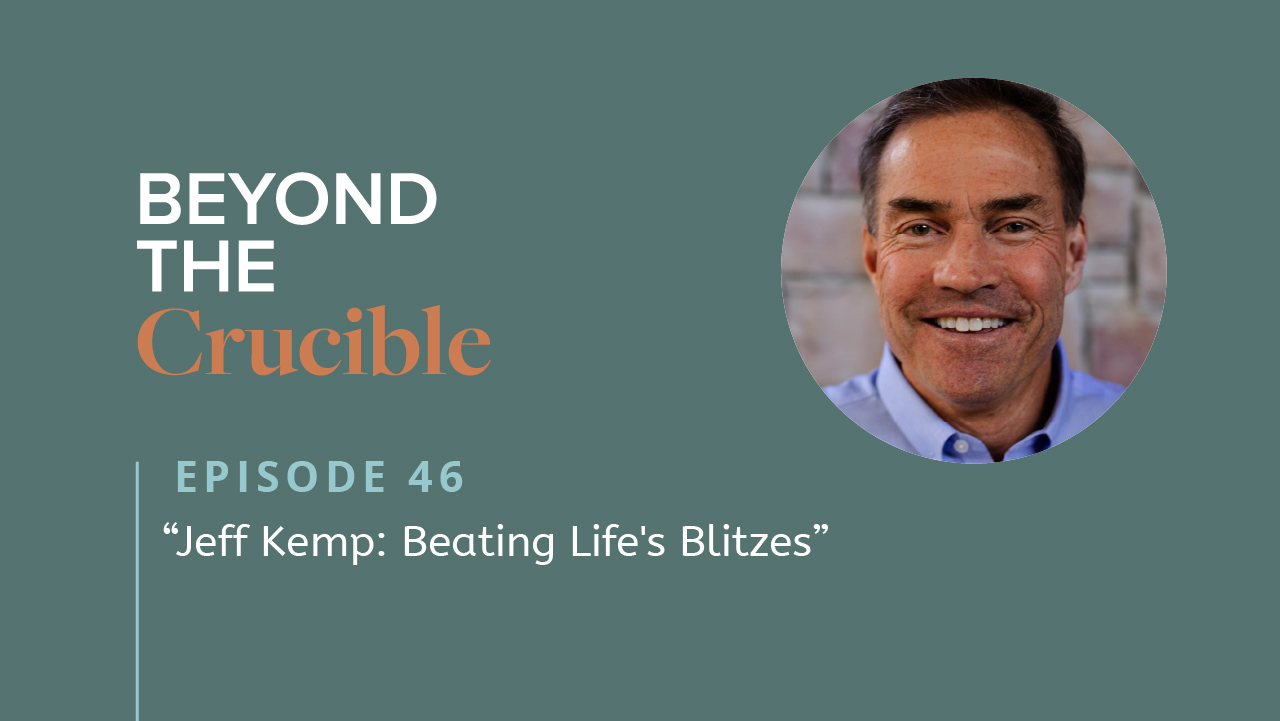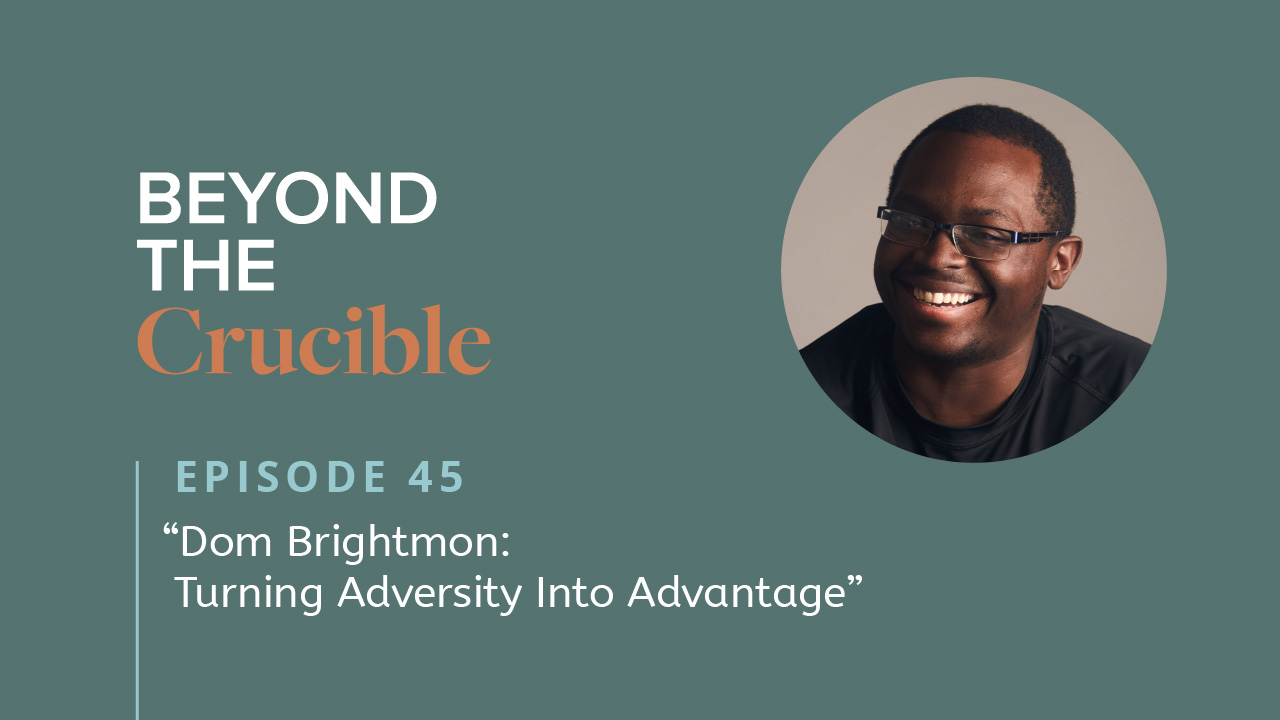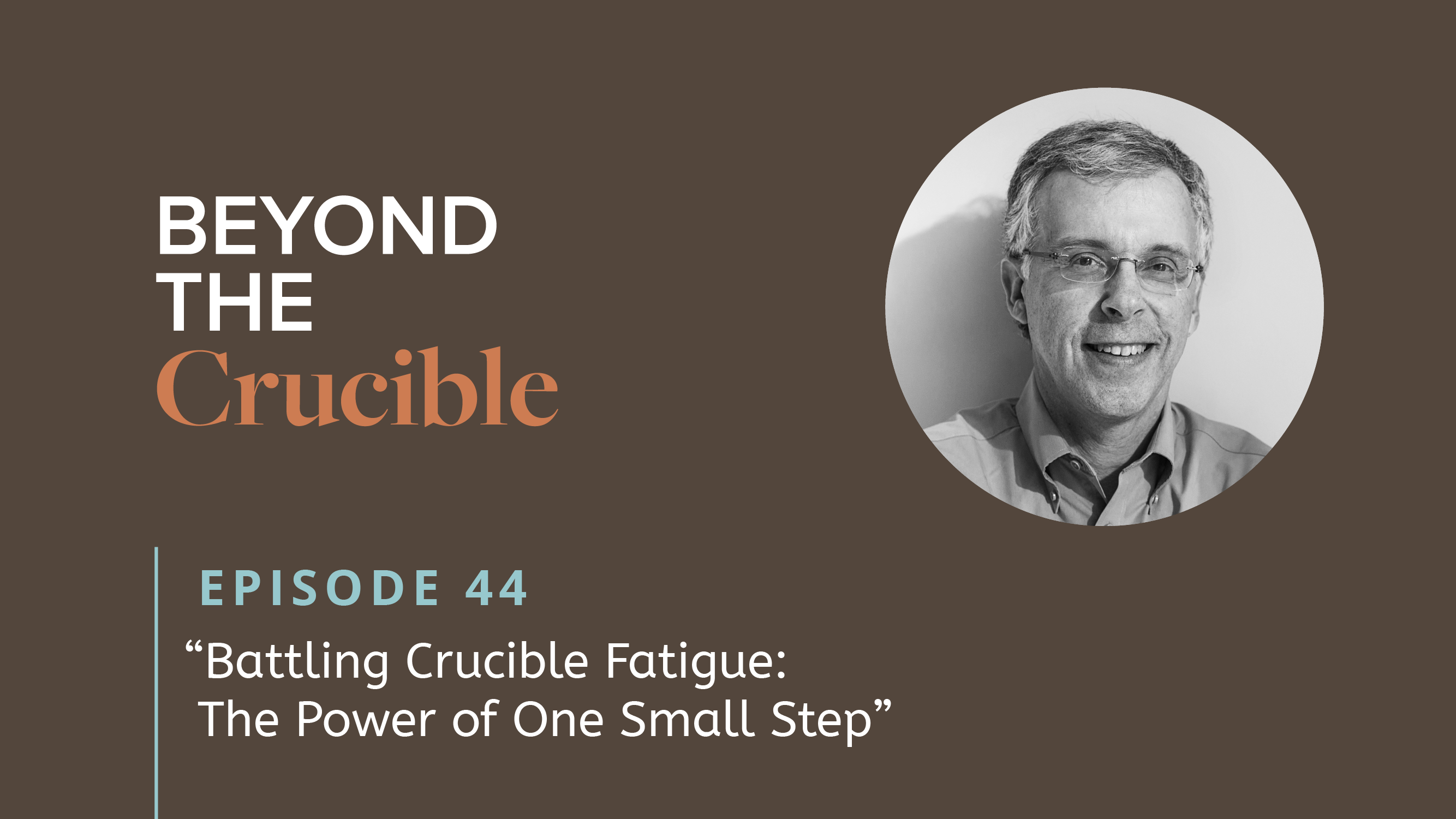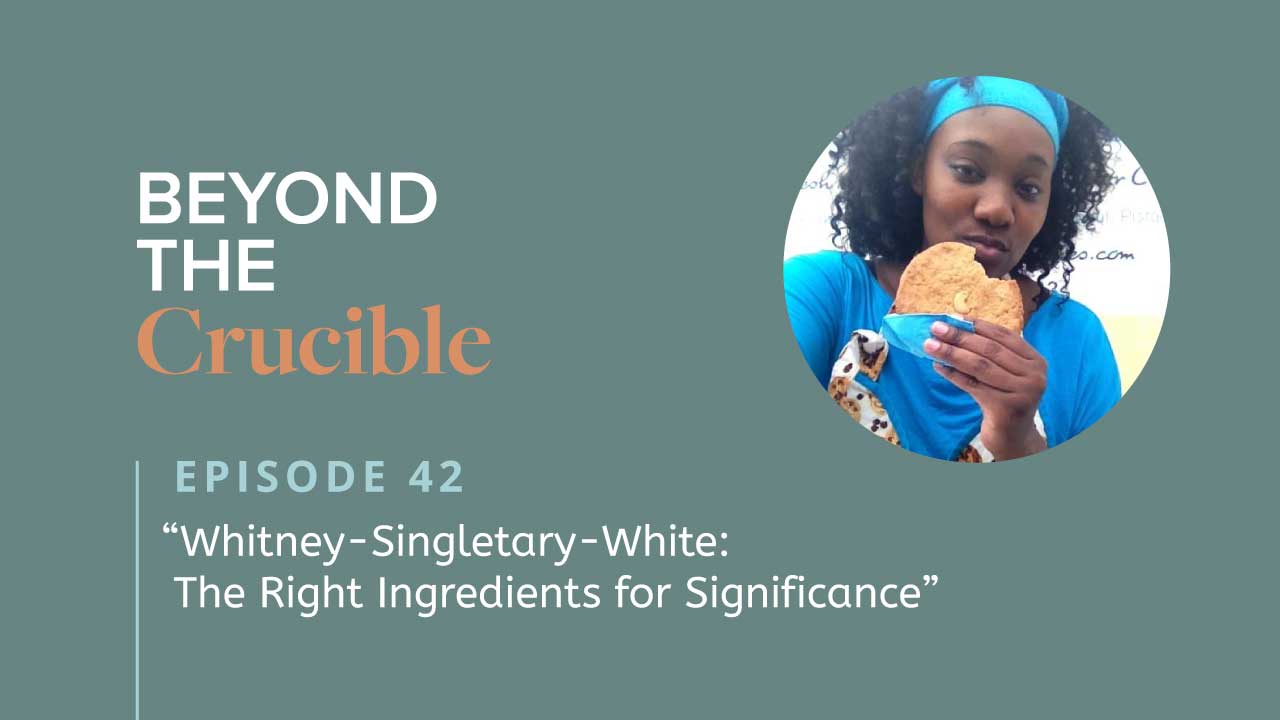
In this special 50th episode of BEYOND THE CRUCIBLE, host Warwick Fairfax and co-host Gary Schneeberger take a look back at some of the most powerful guests who have shared the trials and triumphs of not just surviving their crucible experiences, but moving beyond them to lead lives of significance.

